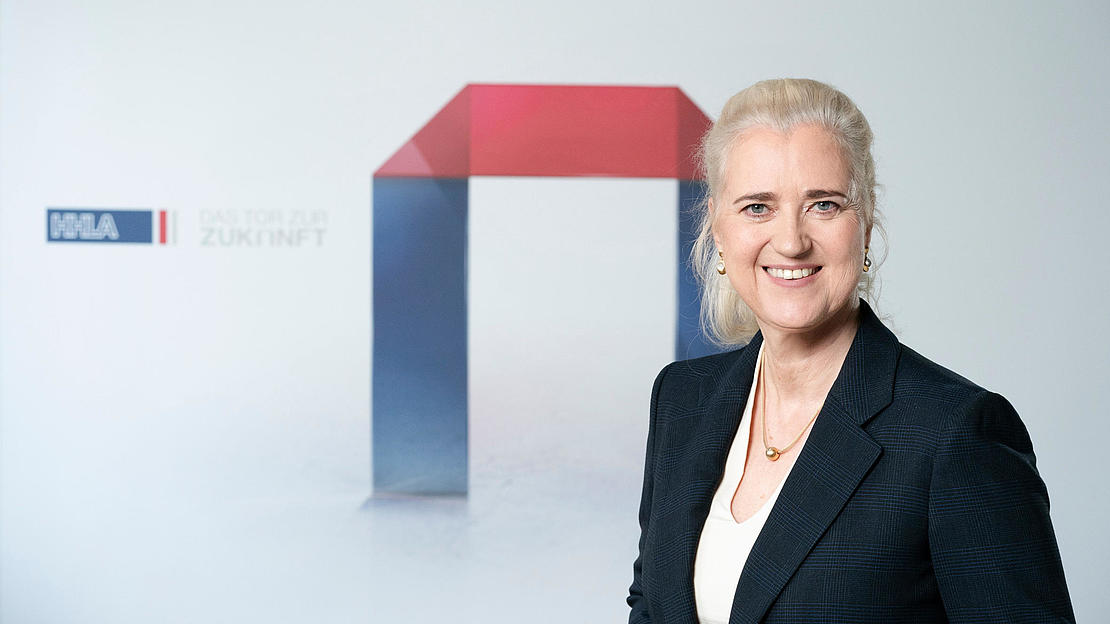28.02.2022
Northern Germany’s industry calls for planning security for the hydrogen economy
In a joint position paper, numerous companies belonging to Northern Germany’s hydrogen economy, including Hamburger Hafen und Logistik AG (HHLA), have called on the federal government to swiftly establish the necessary legal framework for hydrogen projects. At a parliamentary afternoon, in the presence of Peter Tschentscher, First Mayor of Hamburg, they presented a corresponding list of demands to representatives of the Federal Ministry for Economic Affairs, which is responsible for renewable energies.

In Northern Germany, a particularly large number of companies have already played a role in various hydrogen projects. Their common goal is to transform the energy system and to de-carbonise industry as well as transport and logistics as quickly as possible. The federal government’s current plans for achieving this were welcomed unanimously, but calls were also made to ensure planning security for the hydrogen economy. Without appropriate regulation, investments in hydrogen technology and infrastructure as well as the necessary transformation of business models will be all but impossible. The forthcoming Delegated Act (DA) of the European Commission is one of several instruments which requires clear action.
The Chairwoman of HHLA’s Executive Board Angela Titzrath said that innovations in new technologies, such as hydrogen, are key to transforming Germany's energy supply and thus reducing dependence on Russian gas imports. HHLA is currently creating the necessary structures for the use of hydrogen as a fuel in port handling and heavy goods logistics. Titzrath called for significantly faster EU approval processes for funding projects. It should also be ensured that companies that convert their production systems to achieve climate neutrality do not suffer any competitive disadvantages.
Three central policy demands were presented in the joint position paper:
1.) To ensure sufficient availability of green hydrogen for supplying industry and logistics in order to bring about successful de-carbonisation by 2045 on competitive terms, sufficient low-cost green electricity must be made available for its production. The draft of the EU Commission’s key regulation, the DA, is highly restrictive and would jeopardise a market ramp-up in Germany.
2.) At a national level, appropriate instruments for customers - such as Carbon Contracts for Difference and tax relief or green hydrogen price incentives (OPEX) - must be introduced to the various sectors to close the price gap between hydrogen and traditional fuels, which is currently significant.
3.) The approval processes for electrolysis, infrastructure and application projects must be expedited to a huge degree, as is already planned for approvals for wind energy and photovoltaic plants. The application and approval process for securing funding (e.g. in the context of Important Projects of Common European Interest (IPCEI)) must also be simplified and expedited.
Additional topics such as regulations for imports, promoting technology and certification were also discussed alongside these three key demands of the companies. The set-up of local production, transport chains and an import infrastructure for hydrogen is to be expedited through these recommendations for action.